Working Groups
AI-for-RAN Working Group
The AI-for-RAN Working Group aims to explore and enhance the use of AI in Radio Access Networks (RANs) to improve performance metrics such as efficiency and capacity, as the telecom industry advances towards 6G. This includes conducting literature reviews, developing solutions, defining use cases, planning tests, and implementing proof-of-concept systems. The group focuses on creating AI-native RANs while leveraging and advancing AI/ML efforts in existing standards. Key objectives include improving spectral, energy, processing, and support system efficiency. Tasks involve surveying current standards and literature and identifying challenges and opportunities for AI application in both existing and emerging network scenarios.
Chair: Chris Dick, Nvidia
Vice Chair: Dr. Felipe Arraño Scharager, Ericsson
AI-and-RAN Working Group
The AI and RAN Working Group aims to explore the concurrent use of converged computer-and-communications infrastructure to run Radio Access Network (RAN) and AI and Generative AI (GenAI) workloads, enhancing platform utilization and creating new monetization opportunities. Activities include reviewing solutions, defining use cases, planning tests, and developing lab systems. The group focuses on validating multi-tenancy systems through pre-configured, dynamic, and AI-driven resource partitioning. By leveraging heterogeneous compute infrastructure at edge data centers, the goal is to optimize resource sharing at various levels while maintaining service quality and security. Tasks involve literature reviews, identifying challenges, defining requirements, designing architectures, and evaluating performance.
Chair: Tanveer Saad, Nokia
Vice Chair: Dr. Yuji Sekiya, University of Tokyo
AI-on-RAN Working Group
The AI-on-RAN Working Group is tasked with defining the radio interface requirements for running AI and Generative AI (GenAI) applications across consumer, enterprise, and government sectors. It aims to benchmark the performance of these applications on 5G and identify new requirements for future 6G systems. Key metrics such as latency, throughput, jitter, packet delay, and encryption needs will be evaluated. The group will review current AI/ML and GenAI techniques, identify challenges, define use cases, and develop lab systems for performance testing. Deliverables include documented surveys, problem statements, test plans, performance evaluations, and system implementation blueprints.
Chair: Dr. Athul Prasad, Samsung Research America
Vice Chair: TBD
Technical Steering Committee
The Technical Steering Committee (TSC) of the AI-RAN Alliance is the principal forum for the discussion and management of work products, owns the overall technical roadmap, and oversees the technical workstreams. The TSC provides guidance to the Board of Directors on all technical matters and helps to move forward the mission and vision of the Alliance. In addition, the TSC is also responsible for initiating, reviewing, and responding to technical liaisons from other organizations, as well as providing and reviewing technical content for the Alliance’s marketing efforts, including whitepapers, blueprints, and demos.
Chair: Kuntal Chowdhury, NVIDIA
Vice Chair: Dr. Felipe Arraño Scharager, Ericsson
Marketing Steering Committee
The Marketing Steering Committee (MSC) of the AI-RAN Alliance is established to provide strategic direction and oversight for the organization’s marketing initiatives. The MSC aims to enhance AI-RAN’s brand visibility, engage diverse audiences, and support the organization’s mission to advance artificial intelligence research and analysis. The committee will guide and evaluate marketing strategies, campaigns, and activities to ensure alignment with the AI-RAN Alliance’s goals.
Chair: Steph Delvoye, Head of Mobile Networks Marketing, Nokia
Vice Chair: Yashar Nezami, Global Partnering & Ecosystem Director, Ericsson
